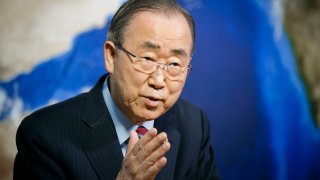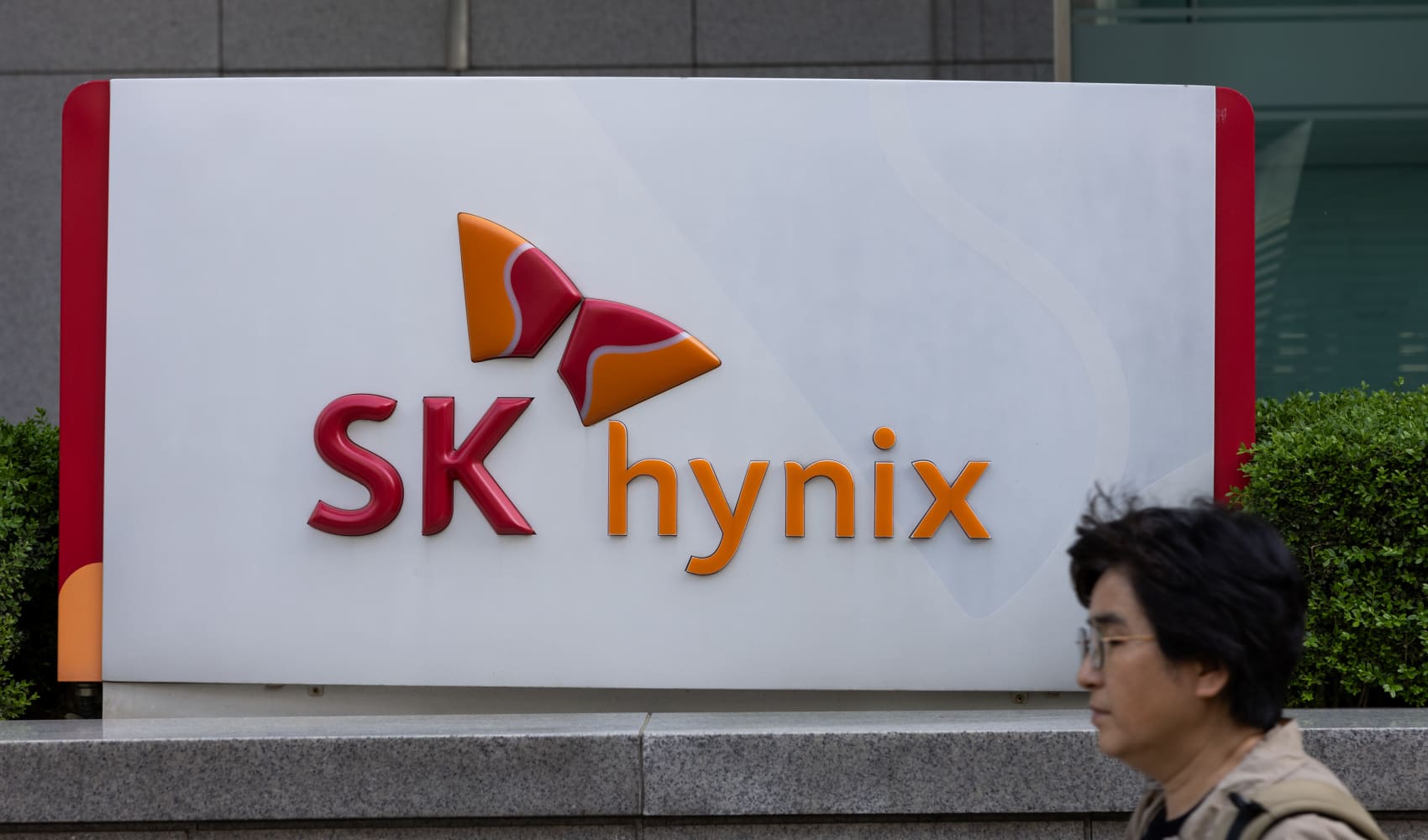
- Former U.N. Secretary-General Ban Ki-moon said the coming 10 years would be crucially important for global leaders to work on the U.N.'s Sustainable Development Goals.
- These are 17 targets created by the New York-based organization which are a call for action on economic, social and environmental sustainability by the year 2030.
- Narrowing it down, he said that the ongoing Covid-19 crisis had further highlighted the impact of a global water shortage.
Former U.N. Secretary-General Ban Ki-moon has spoken of the multiple disasters the world is currently facing, which have only been accentuated by the ongoing coronavirus pandemic.
Ban, who led the U.N. from 2007-2016, called on global leaders to raise their ambition in order to avoid failures on a range of different issues, including climate change and the scarcity of water.
Get a weekly recap of the latest San Francisco Bay Area housing news. Sign up for NBC Bay Area’s Housing Deconstructed newsletter.
"There are still 2 billion people who lack safe drinking water, more than 1.5 billion people who do not have electricity and there are more than 60 million schoolchildren who do not go to school, even elementary school ... This is sad, this is really heartbreaking," Ban told CNBC's "Sustainable Future" in March, speaking around World Water Day.
"We are standing on the precipice of all these crises ... I hope that global leaders should have far-reaching global visions, that we are in this world together, we are all in this together, otherwise, we will all be a failure. Therefore, I'm really urging political leaders to do their best, lead by example," he added.
Ban said the coming 10 years would be crucially important for global leaders to work on the U.N.'s Sustainable Development Goals. These are 17 targets created by the New York-based organization which are a call for action on economic, social and environmental sustainability by the year 2030.
Money Report
Narrowing it down, he said that the ongoing Covid-19 crisis had further highlighted the impact of a global water shortage.
"The pandemic of course has thrown a spotlight on this issue and it has also really demonstrated that water is a connecting thread linking the myriad of impacts of our crises, whether that's around infectious diseases or food security, the last year has seen us experience all of them," he said.
"When trillions of dollars are being spent for controlling the coronavirus, I think we need to see a bigger, bigger picture, investing wisely in water, that will really help our life. That's one of the most important urgent items of (the) Sustainable Development Goals now," he added.
Ban was speaking alongside the CEO of the Global Center for Adaptation, Patrick Verkooijen. Ban is also the chair of the GCA, which describes itself as a "solutions broker to accelerate, innovate and scale adaptation action for a climate-resilient world."
Verkooijen told CNBC that the pandemic had been a "wake-up call." "We are utterly unprepared for the next crisis, the climate emergency ... 90% of all natural disasters are water related, more floods, more droughts, more storms, more fires. In the last two decades, these climate disasters have doubled. Half a million people lost their lives and over 2 trillion in economic losses," he said.
"In 2017, three storms cost the United States economy $265 billion. Last year in 2020, one storm, over $55 billion in economic losses. I think (U.S. Special Presidential Envoy for Climate) John Kerry said it very well, we have now crossed the point that investing in prevention is much more effective than cleaning up afterwards. That's why investing in water and climate adaptation is the way to go," he added.
Ban, who led efforts for the signing of the Paris Agreement for Climate Change in 2015, said that action on addressing all these issues needed to be sped up.
"We have to really expedite and raise the ambition level particularly by political leaders ... People know that climate change is very important, very serious and needs urgent action," told CNBC.
"But at the same time, we have to take care of all the food shortages and gender empowerment, water shortages, quality education, resilient cities."






